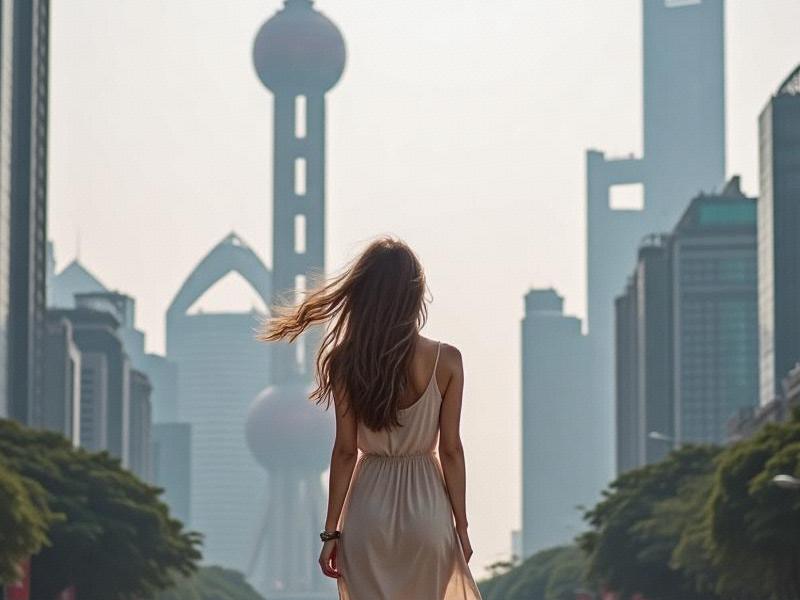
The Shanghai Paradox: How a City Honors Its Past While Building Tomorrow
Section 1: The Cultural Anchors
Historical Preservation Efforts:
• 1,200+ protected historical buildings with adaptive reuse
• 38 intangible cultural heritage items actively practiced
• 62 museums showcasing Shanghai's layered history
• 94 traditional neighborhoods with preservation zones
Living Traditions:
- Yu Garden tea culture thriving among youth
- Kunqu opera finding new audiences
上海龙凤419贵族 - Shikumen architecture converted into creative spaces
- Local dialect preservation programs in schools
Section 2: The Economic Engine
Growth Indicators:
✓ GDP per capita reaching $28,000 in 2024
✓ Home to China's largest stock exchange (market cap $7.3T)
✓ 43% of Fortune 500 companies maintain Asia HQs here
✓ Fintech transactions exceeding $15T annually
Innovation Hotspots:
上海私人外卖工作室联系方式 • Zhangjiang Science City - Biotech and AI hub
• Yangpu District - University innovation corridor
• Lingang Special Area - Free trade zone experiments
• Hongqiao Business District - Asia's transportation nexus
Section 3: The Urban Fabric
Neighborhood Spotlights:
1) The Bund - Financial center meets colonial history
2) Tianzifang - Arts district preserving lane houses
3) Jing'an Temple - Spiritual center in commercial heart
4) Qibao - Water town within the metropolis
上海私人品茶 Section 4: The Global Balancing Act
International Influence:
- Host city for World AI Conference
- Sister city relationships with 86 global metropolises
- Leading exporter of Chinese cultural products
- Primary gateway for foreign investment in China
"Shanghai demonstrates that modernization needn't come at cultural cost," observes urban scholar Dr. Zhang Wei. "Its ability to maintain distinct local character while globalizing offers lessons for cities worldwide."
As Shanghai continues its ascent, the city serves as a living case study in balancing economic ambition with cultural preservation - a model that may define 21st century urban development.
